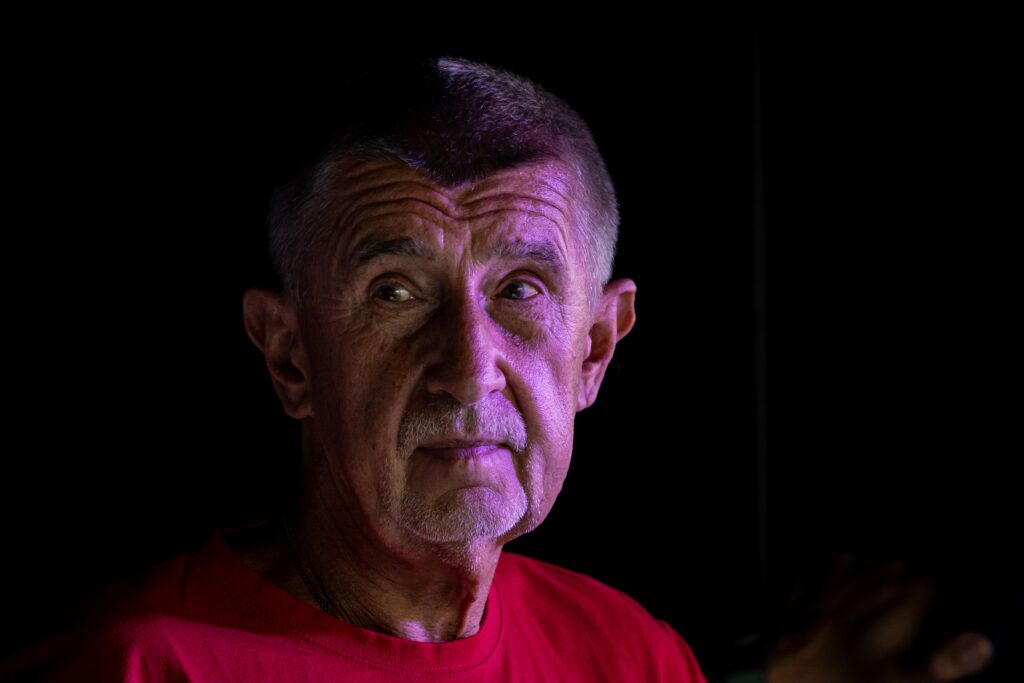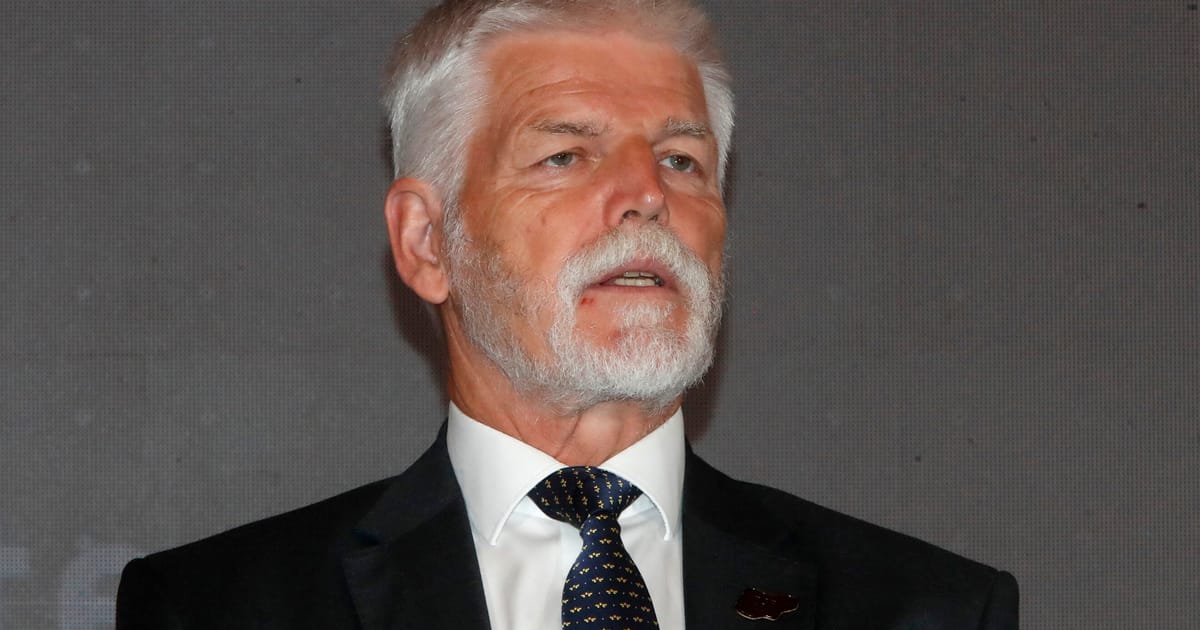 The main potential obstacle for Andrej Babiš, who was prime minister from 2017 to 2021, is legal. | Martin Divisek/EPA
The main potential obstacle for Andrej Babiš, who was prime minister from 2017 to 2021, is legal. | Martin Divisek/EPA
It now transpires that the verdict will only come after the election. Babiš denies all allegations.
The core discussion comes down to the potential conflict of interest posed by Agrofert. Pavel said he was studying the legality of the matter and would take it up with Babiš.
“When you ask lawyers for advice, you can be sure you’ll get as many opinions as the number of lawyers you consult. Some lawyers agree that the conflict-of-interest law excludes the possibility of Andrej Babiš from becoming prime minister unless he gives up Agrofert,” Pavel said Wednesday in a debate with citizens in Brněnec in eastern Czechia.
“At this point I don’t have a clear position because I don’t even know how the election results will turn out, so it would be premature to assume,” he said.
“But since I will soon have a meeting with Andrej Babiš, I will discuss this matter with him — specifically, whether, if he is tasked with forming a government, he is ready to live up to his words and deal with the situation in line with the law. And the law is quite clear on this point,” Pavel added.
Tomáš Zdechovský, a center-right European parliamentarian from the Christian Democrats (KDÚ-ČSL), said barring Babiš would “send a clear message that conflicts of interest are finally being taken seriously in the Czech Republic.”
“If the president were to actually say, ‘Mr. Babiš, until you resolve your business interests and Agrofert, you cannot be prime minister,’ that wouldn’t be an excess of power or a violation of the constitution. It would simply be a consistent enforcement of the rules that apply to all public officials,” he told POLITICO.
Presidential blocks on appointees are not unheard of. Pavel’s predecessor, Miloš Zeman, who served from 2013 to 2023, was often criticized for stretching constitutional limits by repeatedly refusing to appoint ministers proposed by the government.
Constitutional crunch
Jan Kysela, a constitutional expert at Charles University in Prague, said a presidential refusal to appoint a prime minister over a conflict of interest would be in line with the constitution.
